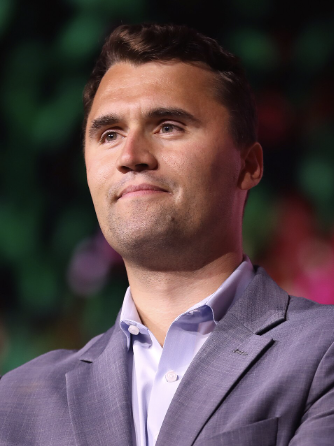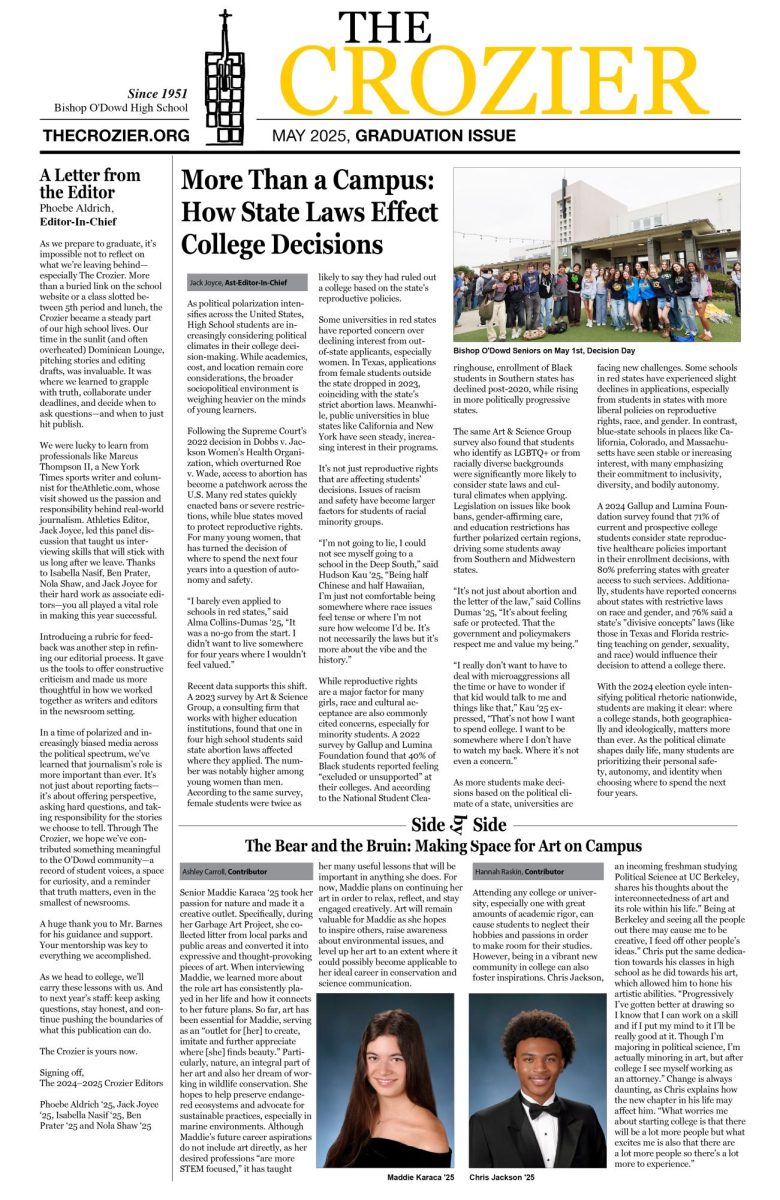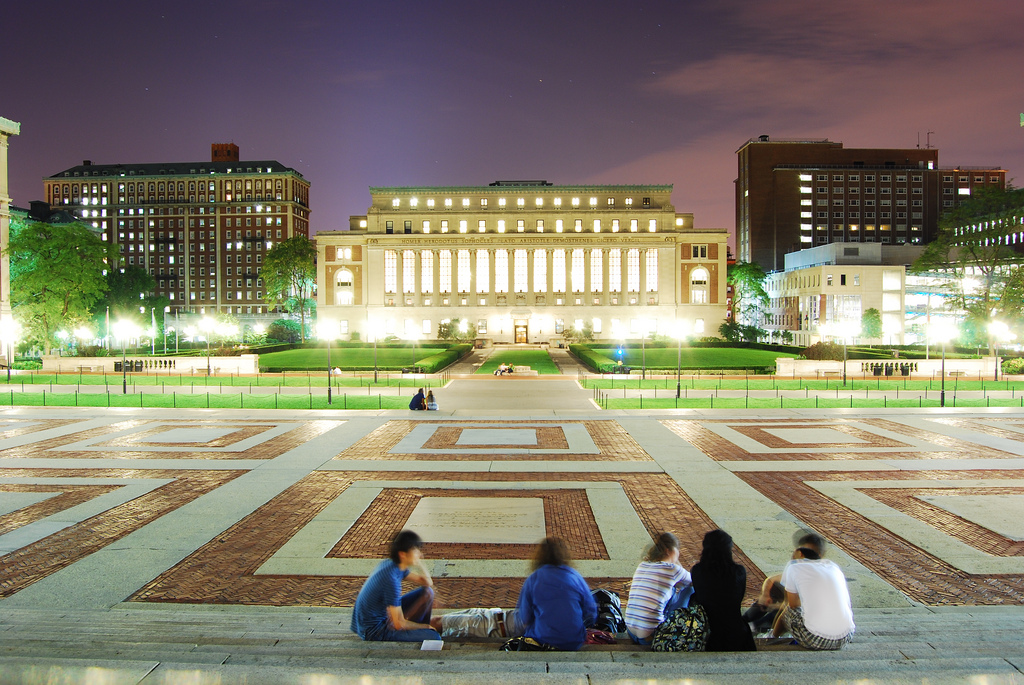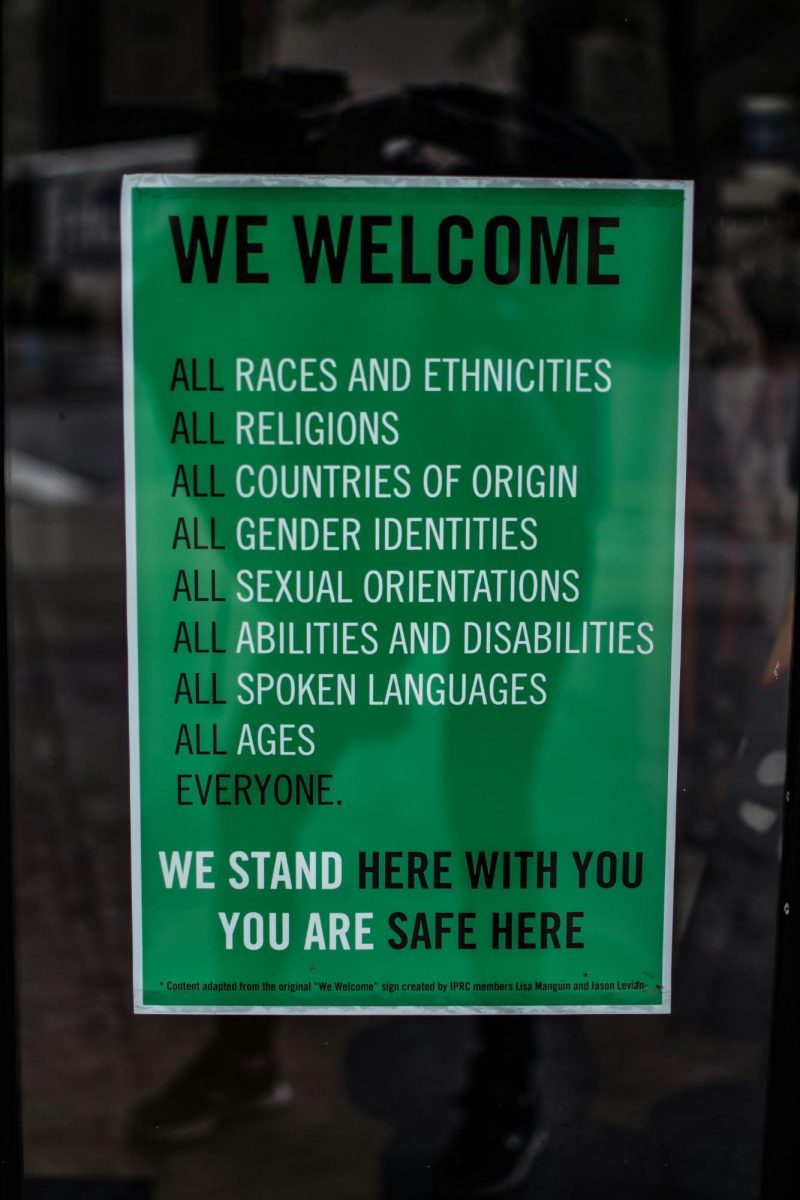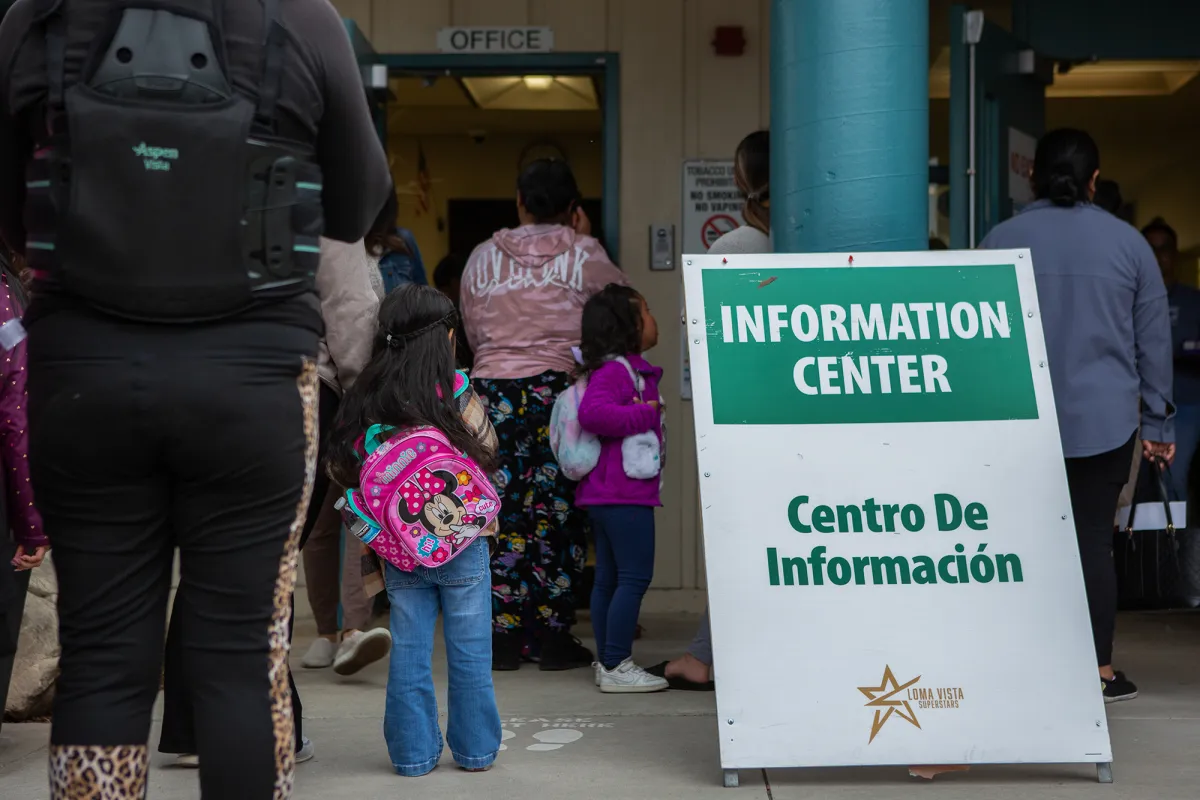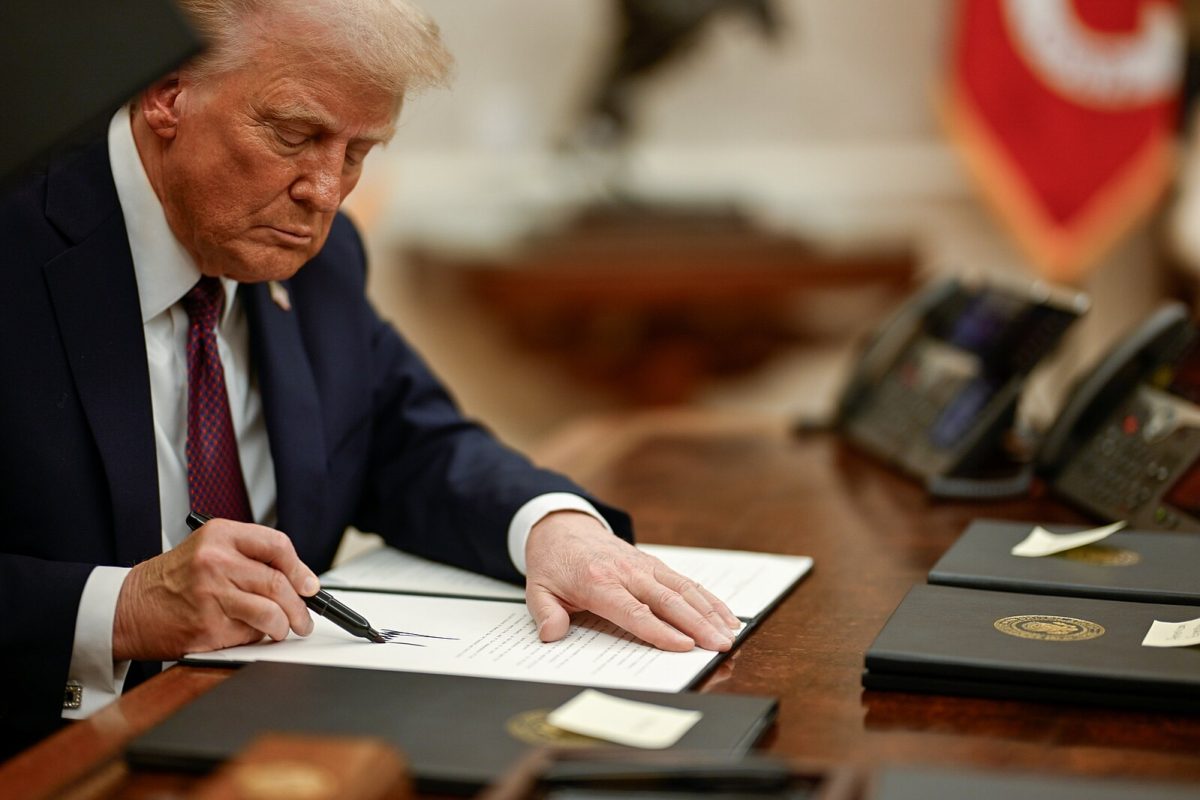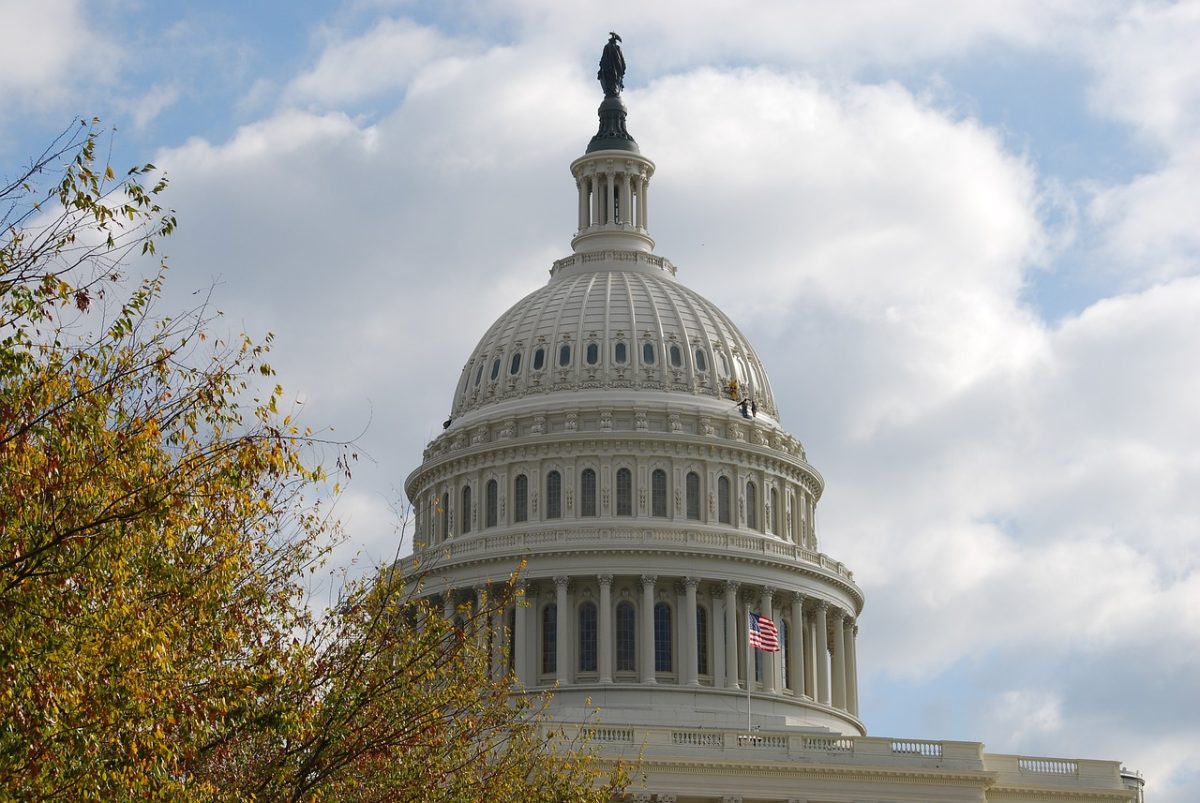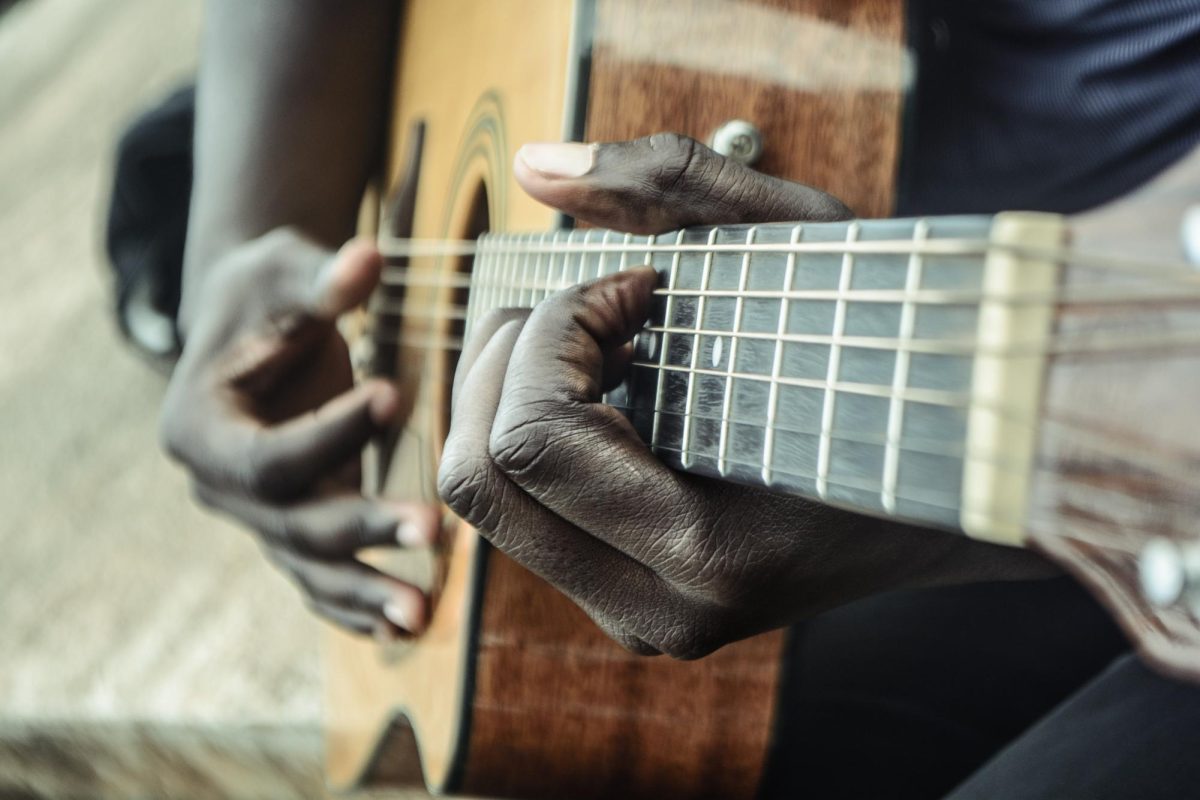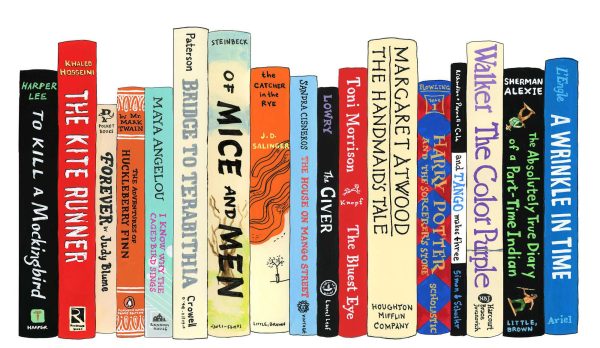
Book bans in the United States surged by nearly 200 percent in the 2023-24 school year, with more than 10,000 titles removed from school libraries and classrooms, according to a study by PEN America. While these bans were initially concentrated in conservative-leaning states such as Florida, Iowa, and Texas, the recent election of President Donald J. Trump has intensified efforts to restrict access to certain books nationwide.
At the center of this movement is Project 2025, a policy blueprint developed by the Heritage Foundation and other conservative organizations. The plan outlines a sweeping restructuring of the federal government and includes measures that critics warn could accelerate book censorship in schools and libraries. In the foreword to its Mandate for Leadership, Kevin D. Roberts, the president of the Heritage Foundation, wrote that “the noxious tenets of ‘critical race theory’ and ‘gender ideology’ should be excised from curricula” across the country. Advocacy groups argue that such language opens the door to broader restrictions on classroom content.
The growing wave of book bans has affected a wide range of literature, from classic works to contemporary bestsellers. Among the titles flagged for removal are 1984 by George Orwell, To Kill a Mockingbird by Harper Lee, Of Mice and Men by John Steinbeck, Harry Potter by J.K. Rowling, The Kite Runner by Khaled Hosseini, and The Hate U Give by Angie Thomas.
Education advocates, librarians, and civil rights organizations have raised alarms about the implications of these policies. “Intellectual freedom is the key to everything,” said Ms. Counts, the librarian at Bishop O’Dowd High School in Oakland, Calif. “It’s about everything you pick up. You need to be exposed to different perspectives, different worlds, and different possibilities for what it means to be human on this earth.”
Supporters of Project 2025 argue that these measures are necessary to shield children from material they consider inappropriate or harmful. Moms for Liberty, a conservative parental rights organization, contends that “parents should have a say in what is available to our children within the school library and classrooms. We work hard to provide our children with specific morals and values and feel strongly that they should come home from school with those morals and values intact.” Critics, however, warn that such restrictions threaten the foundational principles of free speech and open inquiry enshrined in the First Amendment.
As debates over education and freedom of expression continue to escalate, the policies enacted in the coming years are likely to shape the educational landscape for a generation. So next time you walk through the doors of the Bishop O’Dowd library, cherish the freedom to explore any story of your choosing.



